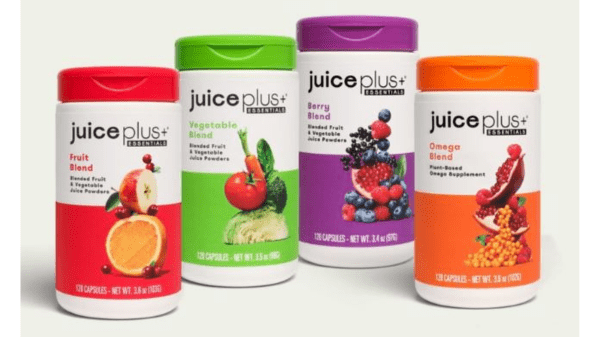Today I must be feeling like a spoilsport.
Specifically in reaction to a new study from the University of Cincinnati (UC) indicating that daily strawberry consumption can reduce the risk of dementia in middle-aged people.

In a previous study, the team, led by Robert Krikorian, PhD, professor emeritus in the UC College of Medicine’s department of psychiatry and behavioral neuroscience, had found that blueberries similarly reduce dementia risks.
“Both strawberries and blueberries contain antioxidants called anthocyanins, which have been implicated in a variety of berry health benefits such as metabolic and cognitive enhancements,” said Krikorian. “There is epidemiological data suggesting that people who consume strawberries or blueberries regularly have a slower rate of cognitive decline with aging.”
The study divided a total of 30 overweight patients between 50 and 65 years old with complaints of mild cognitive decline into two groups: one was given a packet containing powders that contained the equivalent of 1 cup of whole strawberries, while the other was given a placebo. The study covered a 12-week period.
Those receiving the strawberry powder group had diminished memory interference.
“Reduced memory interference refers to less confusion of semantically related terms on a word-list learning test,” Krikorian said. “This phenomenon generally is thought to reflect better executive control in terms of resisting intrusion of non-target words during the memory testing.”
The strawberry-treated participants also showed a significant reduction of depressive symptoms, which Krikorian said can be understood as a result of “enhanced executive ability that would provide better emotional control and coping and perhaps better problem-solving.”
This is ostensibly good news for the produce industry, but I have some reservations here. I’m not convinced that the results of a 12-week study will necessarily reflect long-term or permanent cognitive improvements.
Even more critically, note that the participants were given strawberry powder. This isn’t the same as a cup of fresh strawberries, although it might and probably does contain an equivalent amount of nutrients.
Why is this so significant? Because pill-happy Americans are just as likely to take this research to mean that they should consume fruit and vegetable powders instead of real fresh produce.
The version that I’m most familiar with is Juice Plus+. “We’ve got you!” says the company website. “Juice Plus+ Essentials give you nutrition from 30 different fruits, vegetables and berries every day.”
Some years back, our family bought a good-sized quantity of this expensive product, which contains fruit and vegetable equivalents in powdered form. But we never got quite into the habit of taking it regularly, and earlier this year, I took the liberty of throwing out three or four boxes of the stuff that were cluttering our shelves. This was probably a good idea inasmuch as the expiration date was 2016.
Someone who took Professor Krikorian’s advice seriously might start out with eating a cup of fresh (or for that matter frozen) strawberries. But sooner or later, this may become tedious, and the individual will probably start consuming the fruit in a powdered form like Juice Plus+ until that also becomes tedious, like it did for my family.
In any event, eating fresh produce is a habit that is worth forming in itself, rather than trying to shortcut it by eating fruits and vegetables in powdered form.



